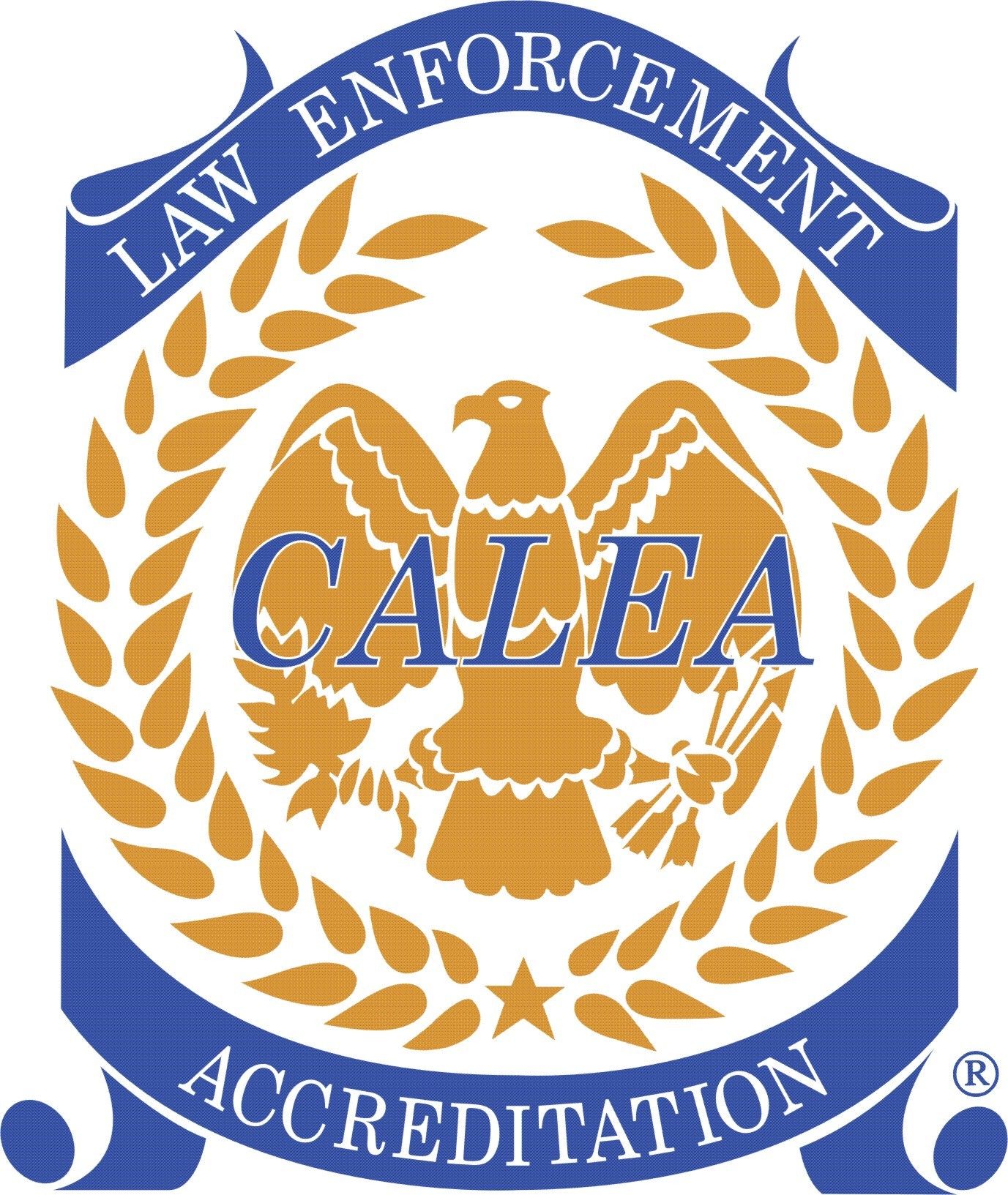
Mission Statement:
To provide protection and service to all
Vision Statement:
To be a national model for earning trust within the community, safeguarding life, and promoting public safety through community policing.
Chief's Motto: Find a way to can with the right mindset.

Chief of Police Andre C. Anderson
Andre C. Anderson is the Police Chief of the Ann Arbor Police Department in Michigan. He previously served as the Executive Assistant Police Chief with the Tempe Police Department in Arizona. As a police leader, Andre has served in law enforcement for more than 34 years and in leadership roles for over 22 years. He has been fortunate to serve over every leadership command of a modern-day police department. He has served in every rank, from an officer to detective, Commander, Assistant Chief, Executive Deputy Chief, and Police Chief. He holds a master's degree in education and leadership from Northern Arizona. His career includes but is not limited to leading Patrol Divisions, the Criminal Investigation Division: Homicide and all investigative Units, the Special Events Division responsible for national and local events, NFL Arizona Cardinals, Phoenix Coyotes, the NCAA Final Four, major soccer events, and nationally recognized entertainers. Chief Anderson has led community policing and community engagement squads and has taught and traveled abroad, helping organizations learn the concepts of community policing.
Chief Anderson serves as the Special Assistant to the National President of the National Organization of Black Law Enforcement Executives (NOBLE). He was also the NOBLE Regional and local Arizona President. With NOBLE, he was tasked with engaging in national community dialogue and working with others to usher in methods designed to build trust and legitimacy from lessons learned from the President's Task Force on 21st-Century Policing. The United States President's office called upon him and the NOBLE President to serve with others to ease tension during national protests.
Chief Anderson is most known for serving as Executive Deputy Police Chief of Rochester, New York, and the Interim Police Chief in Ferguson, Missouri, both police departments facing several national concerns. During his tenure at both locations, he led successful conclusions to civil unrest, which eased tension, created better relationships in the community, introduced and led modern-day evidence-based community policing, and was the initial lead policing expert to negotiate with the Department of Justice Consent Decree levied as a "Pattern or Practice of Discriminatory Policing." For his role in Ferguson, he was inducted into the National Law Enforcement Museum, Washington, DC.
Chief Anderson's leadership philosophy is rooted in his belief that identifying dedicated police professionals who embody the organization's image and remain committed to community policing and its values is crucial for success.
Chief Anderson is married, an avid chess player, and an NFL sports fan. He is led by faith and enjoys making cheesesteaks and spending time with family and friends.
Register now: 2025 Ann Arbor Community Policing Academy



2023 AAPD Annual Report.pdf





In Case of Emergency: Call 9-1-1
Non-emergency Dispatch: 734.994.2911
AAPD Front Desk (general information): 734.794.6920 | [email protected]
AAPD Tip Line: 734.794.6939 | tips@a2gov.org --- Crime Stoppers: 800.SPEAK UP
Media
Inquiries: Chris Page 734.794.6900
ext 49108 [email protected]
About the Ann Arbor Police Department

The AAPD is a full-service department with many services and divisions. These include a detective section, traffic services unit, K9, motorcycle and bicycle patrols, as well as a community engagement unit that includes many programs and opportunities to volunteer and get involved. The AAPD road patrol is committed to a community-oriented policing philosophy and strives for a high level of community engagement. The AAPD is among 12 agencies in Michigan that are currently CALEA accredited.
Anyone wishing to provide comments regarding our agency's compliance with CALEA standards, engagement in the service community, delivery of public safety services, and overall candidacy for accredited status, may provide comments to CALEA via the Public Comment Portal: https://cimrs2.calea.org/
These comments can be in the form of commendations or concerns. The overall intent of the accreditation process is to provide our agency with information to support continuous improvement, as well as foster the pursuit of professional excellence.
IMPORTANT: CALEA is not an investigatory body and subsequently the public portal should not be used to submit information for such purposes. Additionally, there will be no response other than acknowledgment of submissions; however, the information will be considered in context to its relevancy to compliance with standards and the tenets of CALEA® Accreditation.
How do I ...
